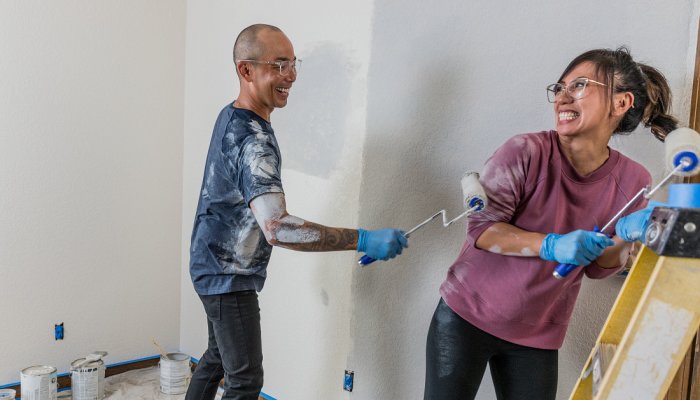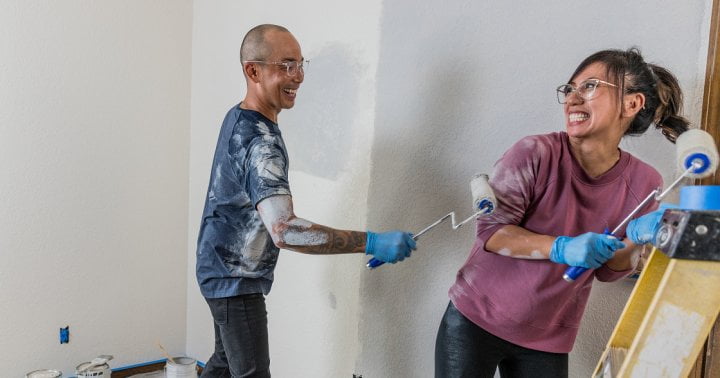4 Reasons You Should Book An Eye Exam (Even If Your Eyes Feel Fine)

The link between diabetes and your eyes doesn’t stop there. Diabetes is also the leading cause of vision loss in people 18-64 years old, which is why VSP Vision Care has partnered with the American Diabetes Association to raise awareness of the important connection between eye health and diabetes. VSP network eye doctor Nishan Pressley, O.D. explains:
“Diabetes affects blood vessels throughout the body and weakens the vessels in the back of the eyes, which can result in blurry or cloudy vision. These symptoms, and others like dark spots or flashing lights, may be an early warning sign of diabetes. An annual eye exam can help everyone stay on top of their health.”
Even the American Diabetes Association recommends getting an annual eye exam because early detection can prevent 95% of vision loss caused by diabetes.
Our eye health is directly connected to the immune system
Autoimmune disorders happen when our immune system mistakenly attacks the healthy cells in our body. Sometimes, autoimmunity affects our vision, and symptoms like eye inflammation could signal to your eye doctor that an autoimmune disease is at play. Just like with diabetes, many early symptoms of serious conditions show up in our eyes — making it all the more important to prioritize that annual appointment for a comprehensive eye exam.
We know, adulthood does not come with a lack of appointments. But VSP Vision Care makes things simple: they’re the only national not-for-profit company in vision care, providing high-quality and affordable eye care and eye wear for nearly 90 million members. With a network of 40,000 eye doctors, it’s easy to find someone wherever you are.
Optometrists have unique insights about our health, like high blood pressure
Keeping tabs on our blood pressure is health 101. Optometrists have a unique ability to pick up on high blood pressure, as the indicators sometimes show up in our eyes first.
“Stiff and hardened blood vessels in our retina can indicate hypertension, a sign of high blood pressure. The sooner we can become aware of these signs, the better we can prevent greater threats like heart attack and stroke,” added Dr. Pressley.
So, when the doc shines that bright flashlight in your eye, you’ll know what they’re checking for.
This article was originally published by mindbodygreen.com. Read the original article here.




